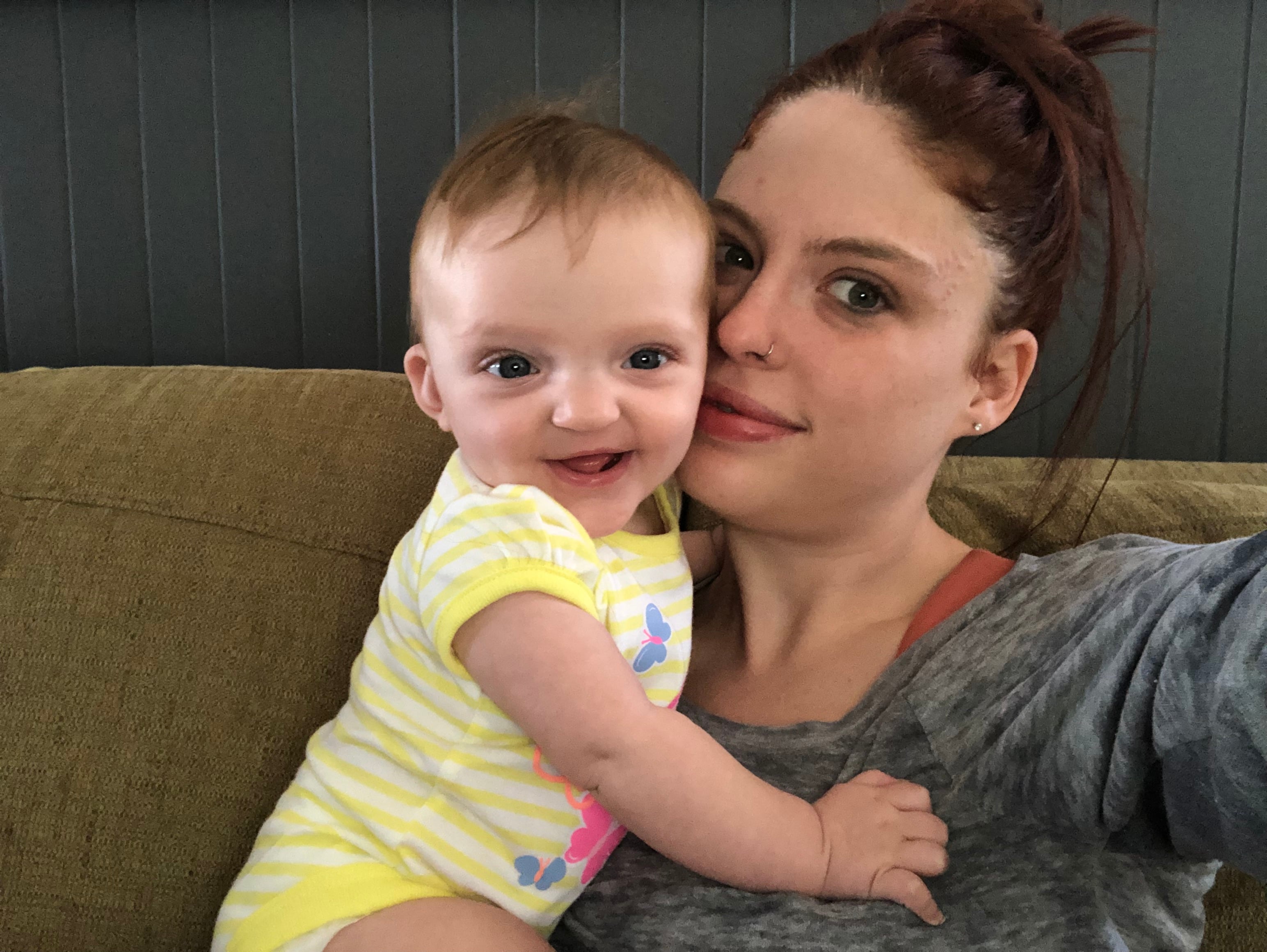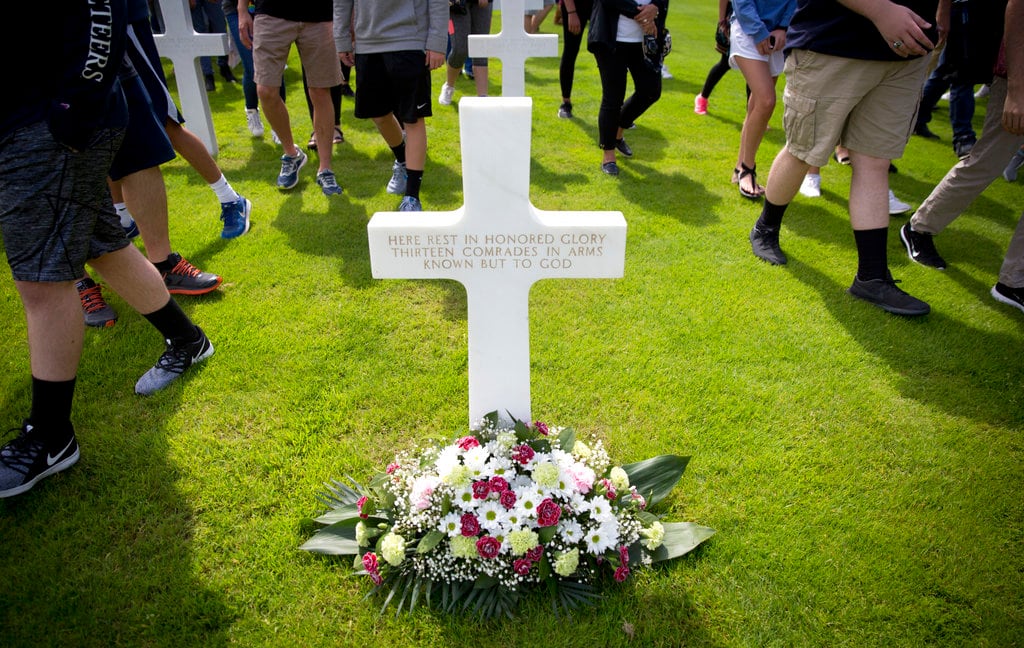WASHINGTON — Most caregivers of injured veterans feel isolated from friends, unsupported by the government and less healthy because of the demands of their responsibilities, according to a new survey released by Disabled American Veterans on Monday.
But the vast majority are also overwhelmingly proud of the service they provide to their loved ones.
The new findings, part of the group's "Unsung Heroes" campaign, were unveiled Monday in a Capitol Hill event designed to push lawmakers for more assistance for military and veterans caregivers and funding for their support programs.
"We place a lot of focus on this nation's disabled veterans, and rightfully so," said Garry Augustine, executive director at DAV. "But so often, especially with those most seriously injured, there is a person working constantly behind the scenes, maneuvering silently and selflessly, to help their loved one lead a high-quality life."
The initiative — which includes a new website and lobbying push — comes amid increased pressure on lawmakers to find fixes for the Department of Veterans Affairs caregiver programs.
Last week, former Sen. Elizabeth Dole and actor Ryan Phillippe testified before a Senate committee on behalf of the Hidden Heroes campaign, asking for similar support for military families. Veterans groups like the American Legion and Veterans of Foreign Wars have also petitioned lawmakers in recent weeks for improved assistance programs.
Earlier this year, VA officials announced a full review of the department’s caregiver programs after reports of improper, sudden cancellations for some families enrolled in the services. That review is scheduled to be finished by the end of this month.
VA Secretary David Shulkin has said he hopes to use the review to find ways to expand the caregiver services to a broader range of veterans’ families, since current rules limit monthly stipends and other assistance offerings to only post-9/11 veterans.
The DAV survey backs that idea. In the report, officials calls the exclusion of older veterans from the program "an injustice that must be corrected" and labels the current services available to all veterans’ caregivers "nowhere near adequate to meet the needs" of those families.
Of the 1,833 caregivers surveyed, 75 percent said their loved ones would need to be institutionalized if a family caregiver was not available.
Nearly 40 percent of those surveyed have been providing support for an injured veteran for at least a decade. Of that group, 5 percent have been doing the work for more than 30 years.
"This is something that we want to do," said Donna Joyner, who has been caring for husband Dennis (injured in Vietnam) for more than 35 years. "Yes, it’s 24/7. And it takes its toll. But it’s something you would not change for anything."
Still, despite that satisfaction (94 percent feel proud of the support they provide), many say they could use more help.
Of those surveyed, 84 percent of the veteran caregivers saw friendships and social relationships negatively impacted, and about the same percentage believed their caregiving responsibilities negatively impacted their family life and relationships. Eighty percent said their mental health and well-being were negatively impacted.
Sixty percent of the group said more respite care options for their families would help if they were made available. When it came to stipends for all families, 83 percent said it would be a boost.
"I was a 23-year-old with a background in construction when I got into this," said Jason Courneen, whose wife, Alexis, was injured in a Coast Guard accident 19 years ago. "From day one, I was saying, ‘I’m in.’ But there was nowhere to turn for information."
Families involved in the DAV campaign want to see better coordination of existing state and federal assistance programs and a broader array of training and consultation programs. They noted their work saves the government tens of billions in annual medical costs, and with better investment could produce even more dividends.
"You count on your caregiver to be there for you," said Dennis Joyner, a triple amputee. He said small tasks like carrying food to the kitchen table become difficult obstacles without assistance.
"They handle a lot of basic things in life that are just normal for others. Normal is not a standard way of life for us, and without our caregivers it would be very difficult.
Leo Shane III covers Congress, Veterans Affairs and the White House for Military Times. He can be reached at lshane@militarytimes.com.
Leo covers Congress, Veterans Affairs and the White House for Military Times. He has covered Washington, D.C. since 2004, focusing on military personnel and veterans policies. His work has earned numerous honors, including a 2009 Polk award, a 2010 National Headliner Award, the IAVA Leadership in Journalism award and the VFW News Media award.





